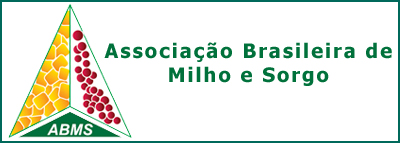PHYSICAL AND TECHNOLOGICAL QUALITY OF CORN KERNELS DURING STORAGE AS A FUNCTION OF PRE-CLEANING
Keywords:
Quality, Impurities, Moisture content, Technological classificationAbstract
Maize is the most cultivated and consumed cereal in Brazil, which is the world’s third largest producer of this grain. Estimated losses due to pest attack, especially pest insects and fungi, represent approximately 10% of the total production. The pre-cleaning phase allows the reduction of foreign matters and impurities (IM) present in the grains, which are used as food and shelter for stored grain pests. The aim of this work was to evaluate the effect of pre-cleaning on the physical and technological quality of corn kernels, during bulk storage in a silo-dryer. The grains were harvested with a combine harvester, at a moisture content of around 17% and 0.84% of IM. Part of the grains was submitted to pre-cleaning and subsequently stored in a silo, while the other part was directly stored in a silo-dryer. After pre-cleaning, the grains were sent to the silo-dryer with 0.12% of IM. Drying was carried out by blowing natural air through the grain and the process was completed when the grains reached approximately 12% moisture content. It was concluded that pre-cleaning provided lower hygroscopic equilibrium moisture, reduced the presence of insect damaged grains, and improved the technological classification of grains during storage.
Downloads
Published
How to Cite
Issue
Section
License
Authors retain copyright and grant the journal right of first publication with the work simultaneously licensed under the Creative Commons Attribution License that allows the sharing of work and recognition of the work of authorship and initial publication in this journal.
Authors are able to take on additional contracts separately for non-exclusive distribution of the version of the paper published in this journal (eg, in an institutional repository or publish as a book), with acknowledgment of its initial publication in this journal.
Authors are permitted and encouraged to post their work online (eg, in institutional repositories or on their website) at any point before or during the editorial process, as this may leadto productive exchanges, as well as increase the impact and citation of published work.



